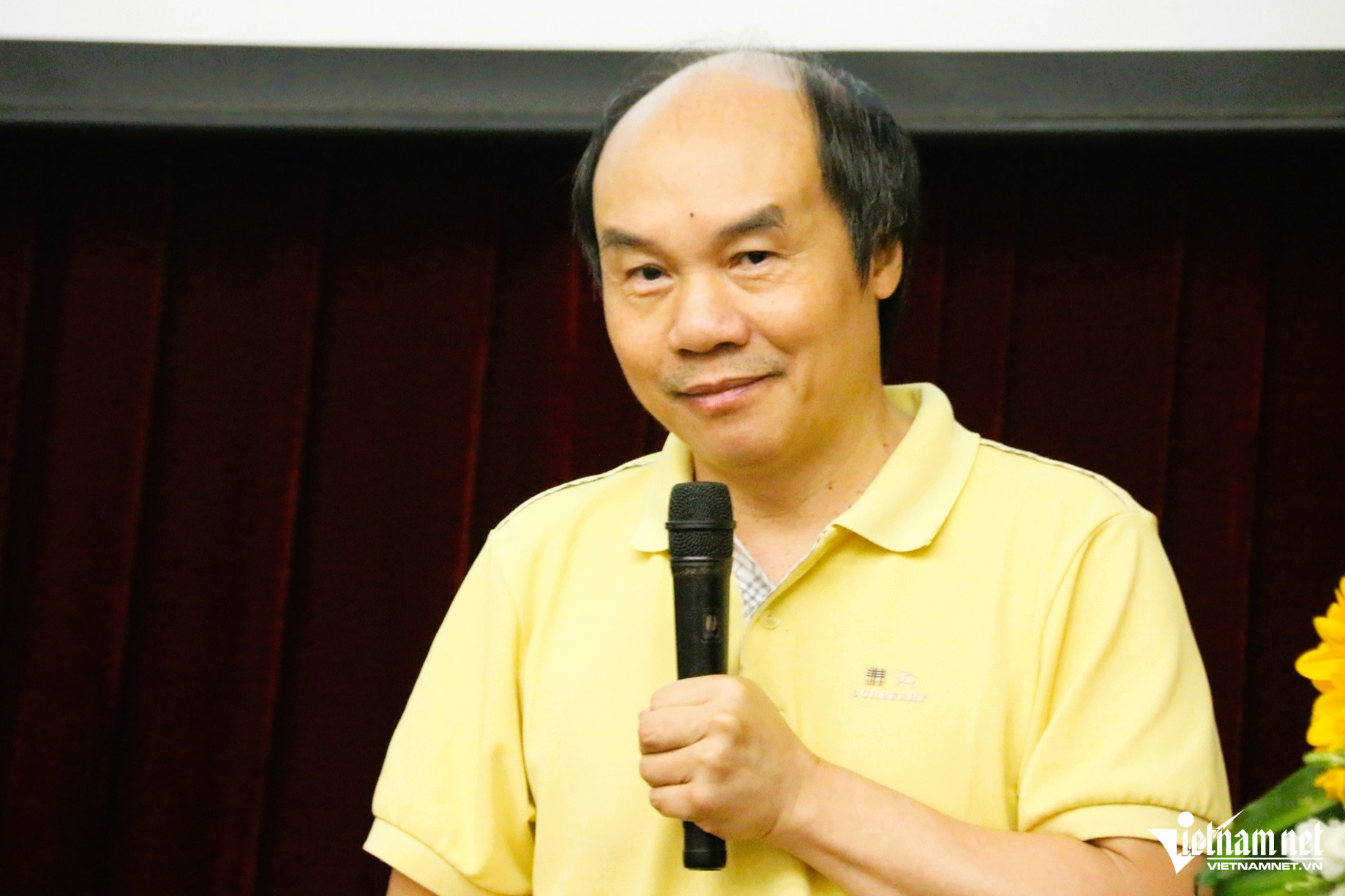
Education experts have called on schools and literature teachers to fight the so called ‘essay sample’. Teachers give students ‘essay samples’ for each topic so that students learn by heart the samples and re-write the essay samples on school tests and exams. As a result, students’ essays and school work have similar content as they originate from the same ‘samples’ given by their teachers, and all of them then can get high scores.
The experts have repeatedly warned that this teaching method will exterminate students’ creativity. Students use essay samples at exams to obtain high scores, rather than write essays of their own, with their own ideas and creativity. They believe that they cannot get high marks if they don’t follow their teachers’ examples.
Most recently, experts have once again voiced concern about the ‘essay sample’ thinking, saying that this also exists in teaching other subjects.
Prof Do Duc Thai, a mathematics lecturer at Hanoi University of Education, said at a recent workshop that it is necessary to fight against ‘essay sample’ thinking not only in teaching literature, but in mathematics as well.
He called on teachers to stop the ‘template-based’ teaching method, i.e ‘pouring knowledge into empty heads’ by practicing with solving mathematics question samples. It would be better to encourage students to use their creativity and logical thinking in solving mathematics questions.
According to Le Anh Vinh, head of the Vietnam Academy of Education Sciences, the 2018 new general education program has been set with emphasis on shifting from imparting knowledge to students to developing student abilities.
Education experts believe that providing as much knowledge as possible to students is no longer a suitable teaching method. It is now the time to focus on teaching students to help them develop their abilities and qualities.
However, a question has been raised on what to do to ‘help students develop their abilities and qualities’.
“The words ‘abilities’ and ‘qualities’ which are wonderful things has suddenly become a fear for teachers. Many teachers said they don’t know what to do to develop students’ capability,” Vinh said.
There are always criteria and requirements for every lesson teachers gives to students, which are considered the standards that must be met. However, developing students’ capability remains the top priority.
"If we are too extreme in evaluating and monitoring the entire development process of students, we may fail to achieve the goal but see negative impact on the teaching and learning process," said Vinh.
The education expert believes that testing and assessment depend heavily on teachers, especially in their role of organizing teaching in class.
“Is it reasonable if we design a semester test with questions which follow the sample questions familiar to students like the questions for high school finals? Is this the right purpose of teaching and learning?” he said.
He went on to say that the assessment of students’ capability needs to be suited to the curriculum, teaching method and specific circumstances.
How can teachers assess students’ cooperation if teachers never organize activities to have the opportunity to cooperate? In this case, students should not be blamed for the lack of cooperation.
Vinh believes that the problem sometimes doesn’t lie in the tools for assessment, but in the way teachers organize teaching.
Thai, who is chief author of the mathematics curriculum under the 2018 new general education program, said there are two basic philosophies that the new mathematics curricula are following.
First, forming and developing students’ mathematics capability. Competency-based education not only includes knowledge and skills, but also motivation, attitude, interest and belief in learning.
Second, forming and developing students’ capability of using mathematics knowledge to solve problems in reality.
Professor Ngo Bao Chau, Scientific Director of the Institute for Advanced Study in Mathematics, thinks that renovating the testing and assessment of students’ abilities in Mathematics is one of the very important components when teaching Mathematics according to the 2018 general education program.